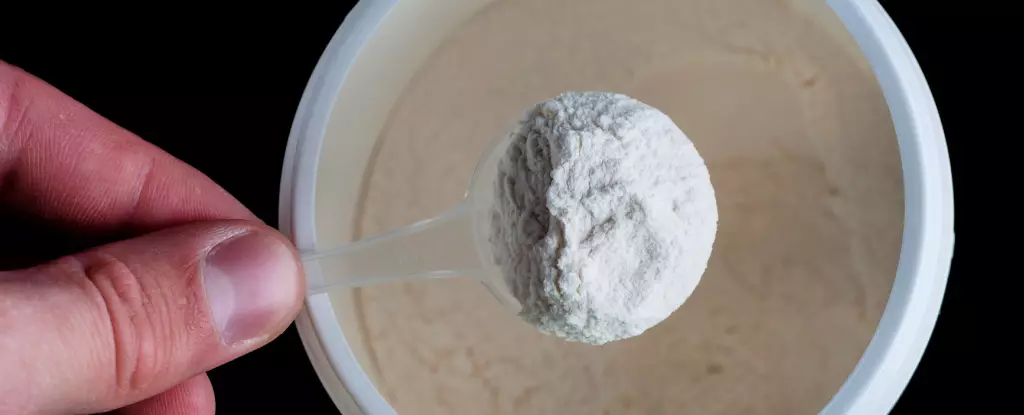A recent study conducted in mice has revealed intriguing findings about the effects of isoleucine, an essential amino acid, on ageing and lifespan. The research suggests that limited intake of isoleucine not only slows down the progression of ageing but also extends the lifespan of mice. These findings have sparked the interest of scientists, who are now contemplating whether similar dietary changes could improve longevity and overall quality of life in humans.
Isoleucine is one of the three branched-chain amino acids that our bodies require for protein synthesis. While it is essential for our survival, our cells are unable to produce it independently, which means we must obtain it from dietary sources such as eggs, dairy products, soy protein, and meats. However, as with many nutrients, there can be negative consequences associated with excessive intake.
Previous research utilizing data from a 2016-2017 survey of Wisconsin residents revealed a correlation between dietary isoleucine levels and metabolic health. Individuals with higher body mass indexes (BMIs) tended to consume significantly greater quantities of this amino acid. Consequently, scientists have begun to investigate whether reducing isoleucine intake can have beneficial effects on lifespan and healthspan.
To examine the impact of isoleucine intake on lifespan and healthspan, a genetically diverse group of mice was divided into three dietary groups. The first group served as a control, consuming a diet containing twenty common amino acids. The second group’s diet contained a two-thirds reduction in all amino acids, while the third group’s diet only reduced isoleucine by the same amount. The mice had unrestricted access to their respective diets.
Researchers discovered that restricting dietary isoleucine resulted in increased lifespan and healthspan among the mice. Furthermore, the mice exhibited reduced frailty, improved leanness, and better glycemic control. Male mice whose isoleucine was restricted had their lifespan extended by 33%, while females experienced a 7% increase. These mice also exhibited positive results across various health measures, including muscle strength, endurance, blood sugar levels, tail use, and hair loss. Notably, male mice in the restricted isoleucine group demonstrated less age-related prostate enlargement and a reduced likelihood of developing cancerous tumors, which are often prevalent in diverse mouse strains.
Interestingly, mice consuming the low isoleucine diet actually consumed more calories than the other groups. However, they maintained leaner body weights and burned more energy, despite similar activity levels. These findings suggest that restricting isoleucine intake may yield anti-ageing effects in humans as well. Nevertheless, it is important to note that extrapolating these results to human subjects is a complex task. Diet is an intricate chemical reaction, and there may be other dietary components that contribute to the observed effects.
While it may appear straightforward to reduce isoleucine intake by limiting high-protein foods, translating this research into practical applications for humans is far from simple. Restricting overall protein intake has been shown to have detrimental effects on both mice and humans. Thus, a one-size-fits-all approach is not viable.
The current study used a consistent level of isoleucine restriction across all experiments. However, further refinement may be necessary to optimize the effects across different mouse strains and sexes. Achieving this level of precision is particularly crucial when considering individual differences and the various factors affecting dietary requirements.
The study on isoleucine restriction in mice provides valuable insights into the potential impact of this amino acid on ageing and longevity. While the findings are promising, it is essential to recognize the complexities involved in translating these results to human subjects. Further research is needed to unravel the intricate interplay between diet, health, and lifespan. Ultimately, understanding the role of isoleucine and other dietary components in promoting healthy ageing may pave the way for developing innovative interventions to enhance longevity and improve overall quality of life.


Leave a Reply